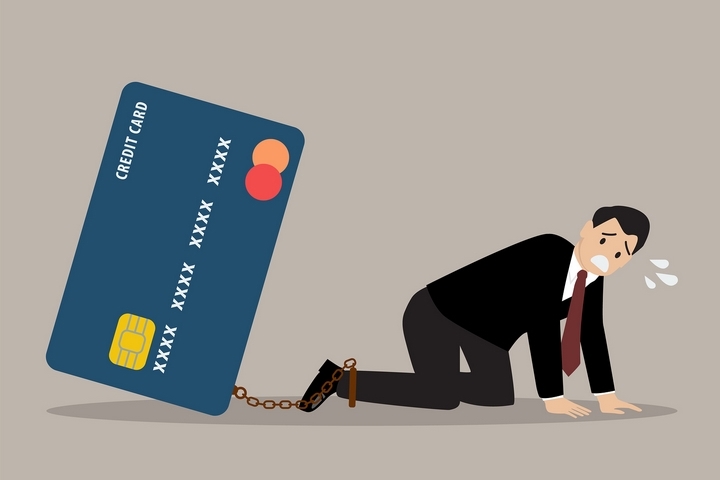
Debts can create stress and can affect many aspects of your life. While many people look at different options, bankruptcy can provide an effective way to help you eliminate and manage debts. The decision to file for bankruptcy requires you to take time and only settle for it after you have made sure that it is the right move for you.
Rushing to file for bankruptcy will only leave you worse off than before as it may lead to loss of assets when it could have been preventable. The following are 4 things to consider before filing for bankruptcy.
1. Can you pay for bankruptcy?

You will have to incur some costs when filing for bankruptcy. There are initial fees that you pay to submit the paperwork to court. These fees may cost up to several hundred dollars and are therefore a significant expense for someone who is bankrupt with little money to spare. The process also involves a lot of paperwork. Filing this paperwork and attending legal proceedings is time-consuming and may require you to take time off from work in order to complete it which might mean losing vital income.
When considering bankruptcy you may also need to hire an attorney to help you through the process. You are required by law to pay your attorney for this service. Some lawyers charge a flat fee whereas others may require you to pay them based on the time that they allot to your case. It is therefore important to consider if you can afford all these expenses before filing for bankruptcy.
2. Available options

Before deciding to file for bankruptcy, always consider other available options to help you reduce your debt. You can schedule a meeting with a certified credit counselor. The counselor will help you prepare a budget to understand your ability to pay off your debts as well as your available options. You may realize that bankruptcy is not really necessary and it could be a matter of exercising better habits of managing your money.
A credit counsellor can also negotiate a settlement with all of your creditors. This would involve you paying a fraction amount of the total debt in exchange for them forgiving the rest and closing your account.
Other options to address your debts could include loan refinancing, debt consolidation, getting a second job, or borrowing from friends. These alternatives are worth checking into since they will not hurt your credit history and may save you the money and time associated with filing for bankruptcy.
3. Types of debts that can be discharged

It is essential to understand that bankruptcy cannot help cure all your financial problems. This is because there are some debts that are non-dischargeable. Some of these debts include student loans, debts from a divorce ruling, fines owed to government agencies, spousal or child support debts, and certain taxes. It is therefore important to avoid filing for bankruptcy if your debt falls among those that are not eligible for discharge.
In the case of non-dischargeable debts, it is advisable to exhaust all your available options first because filing for bankruptcy will not help you.
4. The type of bankruptcy you can file

There is more than one type of bankruptcy and the one that will benefit you will depend on several factors. The common types of bankruptcy are chapter 7 and chapter 13. Chapter 7 bankruptcy, which is also called liquidation bankruptcy, involves liquidating your assets until you are able to pay your debts. This is more beneficial if you do not have a significant amount of assets. Chapter 13 bankruptcy involves a structured repayment plan based on your income. This type bankruptcy would be more appropriate if you have a stable income.
Understanding these types of bankruptcies will give you an opportunity to choose the plan that best suits your situation. Factors that can determine which type of bankruptcy is best for you include income, amount of debt, expenses, and the types of debt that you owe.


